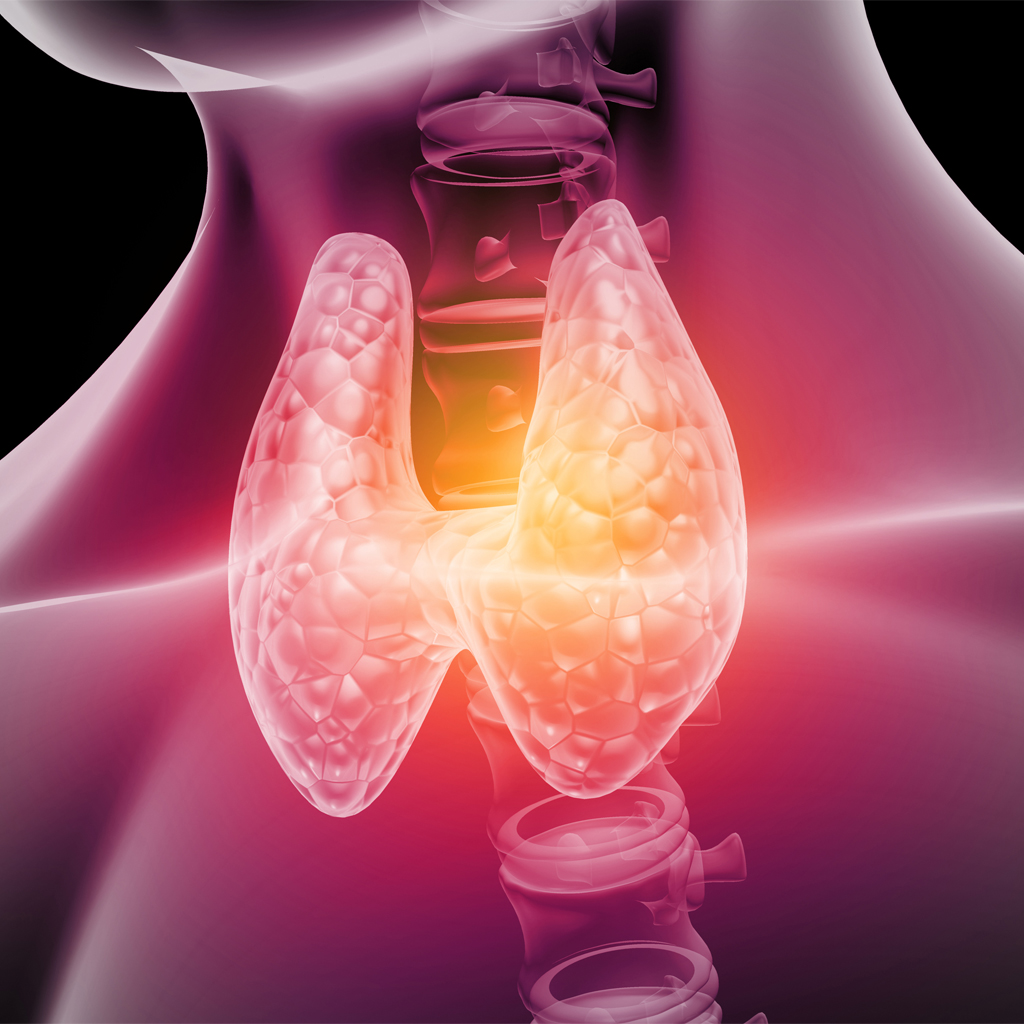A Little Thyroid Physiology…
The pituitary gland that sits in your brain secretes a hormone called TSH, or Thyroid Stimulating Hormone. This hormone stimulates the thyroid to produce its hormones T4 and T3. The first diagnostic issue that gets overlooked frequently is that most of the hormone produced by the thyroid (approximately 93%) is T4. Only a very small amount of T3 is produced, which is the hormone that every cell in your body needs and has a receptor for. T4 is the hormone that tells the pituitary gland if the thyroid is doing its job, so if you test the TSH level and it’s high, then that tells us the thyroid needs help getting stimulated, but nothing more! Unfortunately, this is often where the investigation into your symptoms begins and ends.
There is also another problem with this; there really isn’t universal agreement on the “normal levels” of TSH. Some like Labcorp in California say anything from 0.45 – 4.5, and many endocrinologists don’t think TSH is an issue even at 5.0 or higher. In 2005, the Society for Endocrinology proposed a new reference range of 0.5 – 2.0 as a more accurate determination of thyroid function, but they also found a stronger correlation between T3 activity and levels and health!
About 60% of T4 gets converted into T3 in your liver and about 20% in your gastrointestinal tract and the rest in your peripheral tissues. So if your doctor never evaluates those functions, then they are likely missing the key to helping you. If you have Hashimoto’s, you have an autoimmune condition. This means that your immune system is attacking your thyroid and destroying it over time which will eventually cause you to be hypothyroid. We don’t want to simply replace the hormone T4. You need to get your immune system to calm down and stop attacking your body, as well as increase the conversion of T4 – T3, but only if your body knows it’s safe to. Many of you have your metabolism being shut down by your body on purpose as a life sparing mechanism. If you have trash in your cells causing oxidative stress, then your body will compensate to slow things down to cause less damage to you. Even though that makes you feel crappy! So we don’t simply want to rev the engine with dirty oil in it!
How we address this is by taking the common sense approach of addressing not just your thyroid but your gut health, your adrenal health, your blood sugar, underlying chronic infections as well as environmental toxins. The reason for this is that so many things can interfere with thyroid function, especially as it speaks to Hashimoto’s.
If you are suffering from a thyroid condition and want to feel better, then we need to be looking at all the things that can be affecting normal thyroid function, and not just replacing Thyroid hormones.

